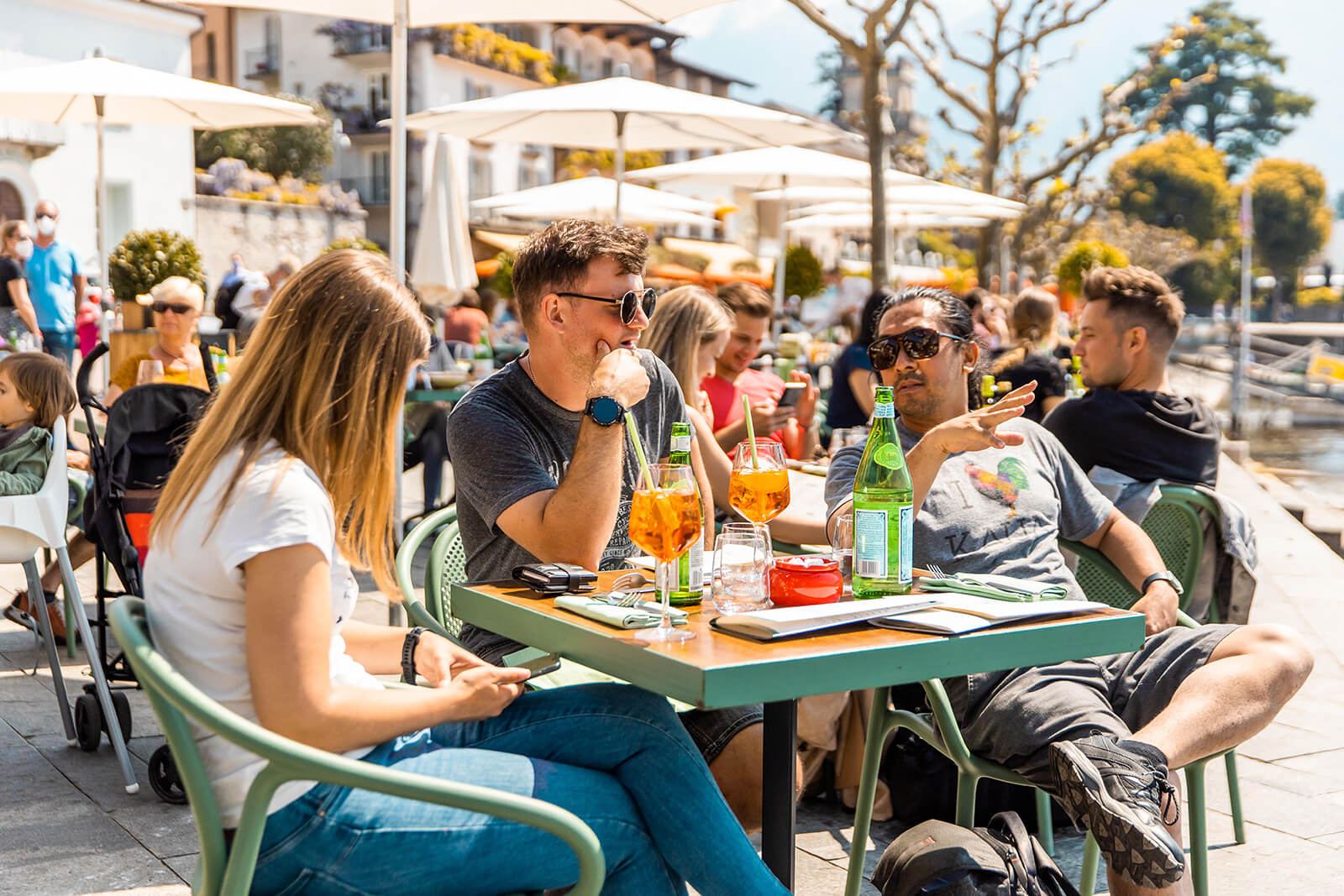
Is Tipping Required in Switzerland?
Short answer: No — tipping in Switzerland is voluntary. Service is normally included in displayed prices and on the bill, so tips are an optional gesture of appreciation rather than a required part of a worker's pay. Swiss hotel and hospitality organizations actually describe service as typically included in prices.
When I first moved to Switzerland, I'll admit I was confused about this. Coming from a culture where tipping felt mandatory, it took me time to adjust to the Swiss approach. But once I understood the system, I found it refreshingly stress-free.
Understanding Swiss Service Charges
- Service typically included: In most restaurants and hospitality venues the cost of service is already factored into the price shown and the bill; guests are not legally required to add a tip.
- Workers' pay vs. tips: Because service is included, staff are not generally dependent on tips to cover basic living costs in the same way as in some other countries.
- No guilt required: Feel free to pay the exact bill amount — tips are a cultural appreciation gesture, not a rule.
Switzerland Tipping Culture Philosophy
Swiss tipping culture emphasizes modesty and appreciation. According to GastroSuisse, tipping is a personal "thank you" for good service rather than an expected supplement to wages .
I've observed that locals approach tipping with a refreshingly practical mindset — they tip when they genuinely feel the service deserved recognition, not out of social obligation.
How Much to Tip in Switzerland
Standard Tipping Amounts by Service Type
| Service Type | Typical Tip | Local Practice Examples |
|---|---|---|
| Restaurants | Round up or 5-10% | CHF 47 → CHF 50; CHF 185 → CHF 200 |
| Cafés | Round up to next franc | CHF 4.80 → CHF 5 |
| Bars | Small coins or round up | CHF 11.70 → CHF 12 |
| Taxis | Round up or small amount | CHF 45 → CHF 50; CHF 7.50 → CHF 8 |
| Hotels (Bellhop) | 1-2 CHF per bag | Handed directly |
| Hotels (Housekeeping) | 1-2 CHF per night | Left in room at end of stay |
| Hairdressers | 5-10% or round up | CHF 80 haircut → CHF 85 |
| Spa Services | Round up or 5-10% | CHF 95 massage → CHF 100 |
| Tour Guides | 5-10 CHF per person/day | For exceptional tours |
Switzerland Tipping Calculator Guidelines
- Bills under CHF 20: Round up to the nearest franc — keeping small coins makes rounding easy for the server and is the most common local practice.
- Bills CHF 20–100: Add about 5–10% or round up generously to a convenient CHF amount (e.g., CHF 47 → CHF 50). This is a practical rule of thumb I've seen used consistently across restaurants and cafés.
- Bills over CHF 100: 5–8% is generally seen as generous for a large bill; many locals simply round to the nearest franc or add a modest flat amount instead of complex percentages.
- Large group dinners: Add 5–10% total for the party, not per person; confirming whether the bill already includes a service charge (check the bill) avoids double-tipping.
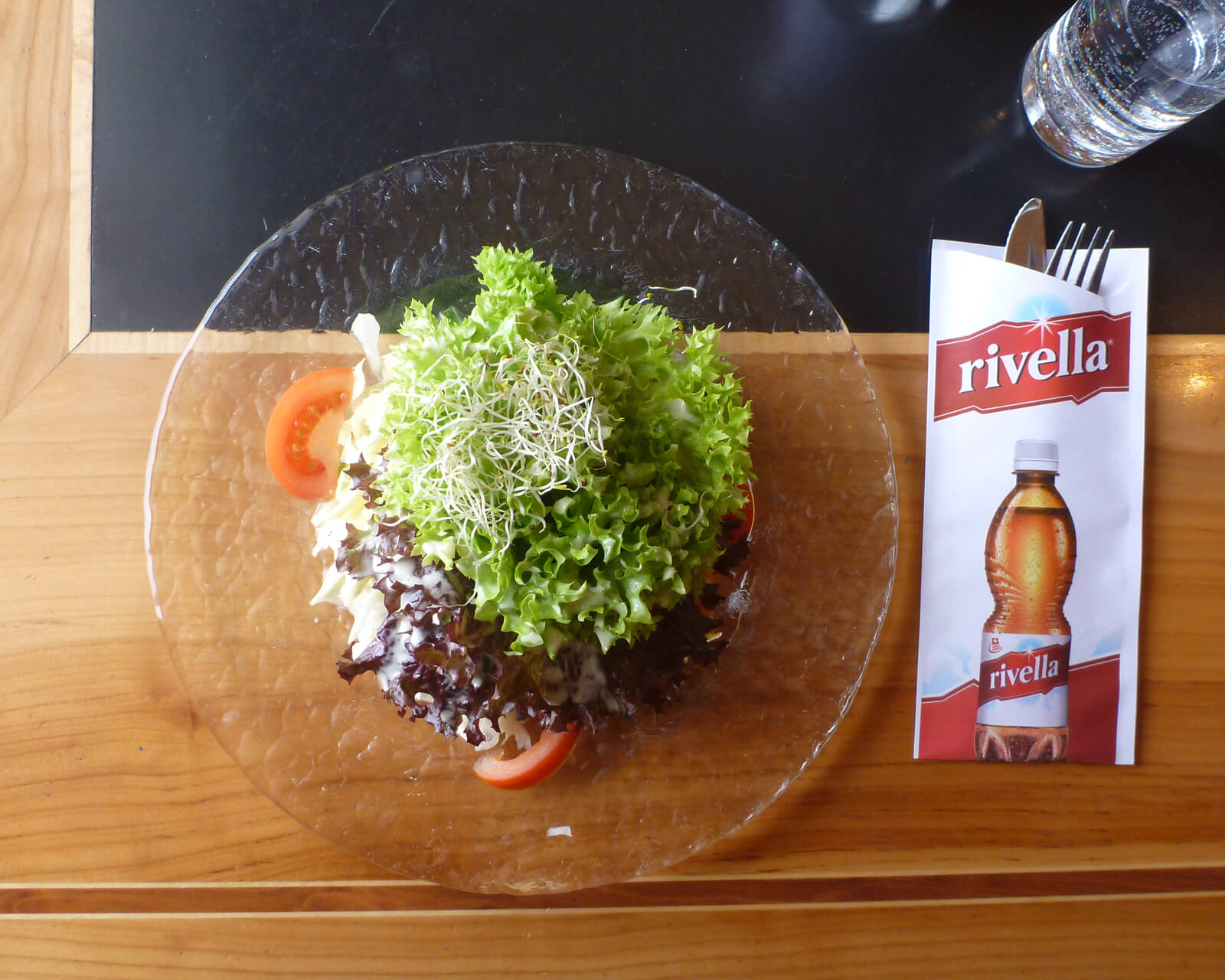
Switzerland Restaurant Tipping Etiquette
What to Expect in Swiss Restaurants
- No rushed service: Servers typically wait for you to ask for the bill — don't be surprised if they don't automatically bring it. I've learned to appreciate this unhurried approach, though it caught me off guard initially.
- No pressure tactics: Staff rarely solicit tips; tipping is treated as voluntary appreciation rather than an expected fee.
- Quality-based tipping: Tip only when you received good service — think of it as a small thank-you for noticeably attentive or friendly care.
- Modest expectations: Even excellent service usually doesn't require more than about 10% in Switzerland; many locals simply round the total.
Swiss Restaurant Tipping Examples
- Casual lunch (CHF 25): Round up to CHF 27–30 (e.g., say "CHF 30, bitte" or leave the change).
- Dinner for two (CHF 80): Round to CHF 85–90 or add a small tip for clearly good service.
- Special occasion meal (CHF 150): Adding CHF 10–15 total is a generous, but not required, gesture.
- Group celebration (CHF 300): Add CHF 15–30 for the entire party, but confirm first whether a service charge is already on the bill to avoid double-tipping.
When NOT to Tip in Swiss Restaurants
- Poor service: No tip is expected if service is unsatisfactory.
- Average service: Polite, standard service does not obligate a tip. Rounding for convenience is fine but not required.
- Self-service: Cafeterias and counter-service outlets such as McDonalds do not expect tips.
- Take-away orders: No tipping is customary for take-away or pickup orders unless delivery is involved.
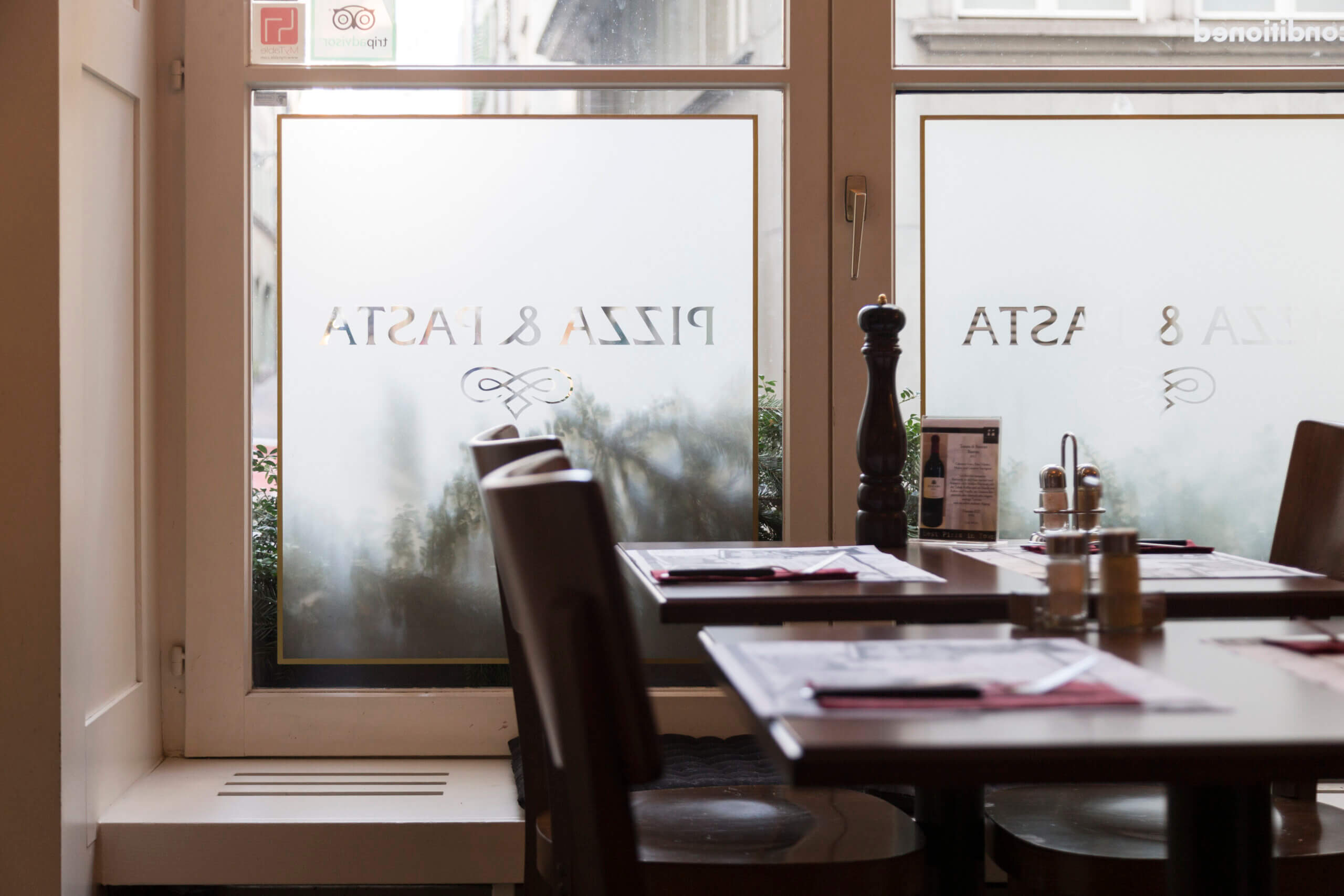
Tipping Beyond Restaurants
Hotel Tipping in Switzerland
- Bellhops: 1–2 CHF per bag, handed directly upon arrival — cash is common and appreciated for quick luggage help.
- Housekeeping: 1–2 CHF per night, left on the nightstand at checkout with a short note if possible (this ensures the right staff member receives it).
- Concierge: 5–10 CHF for exceptional assistance such as hard-to-get restaurant reservations or event tickets — tip only for above-and-beyond help.
- Room service: 2–3 CHF per delivery if no separate service charge is listed on the bill.
Transportation Tipping
- Taxis: Round up the fare to a convenient CHF (or add ~5–10% for long rides). For example, CHF 27.40 → CHF 30 is perfectly normal.
- Uber / Ride-sharing: Follow taxi guidelines; many apps also allow card tips but cash rounding remains common.
- Airport transfers: 5–10 CHF for help with luggage is a helpful gesture to drivers or porters.
- Private drivers: 10–15 CHF for a full-day driver or when the driver handles luggage and local arrangements.
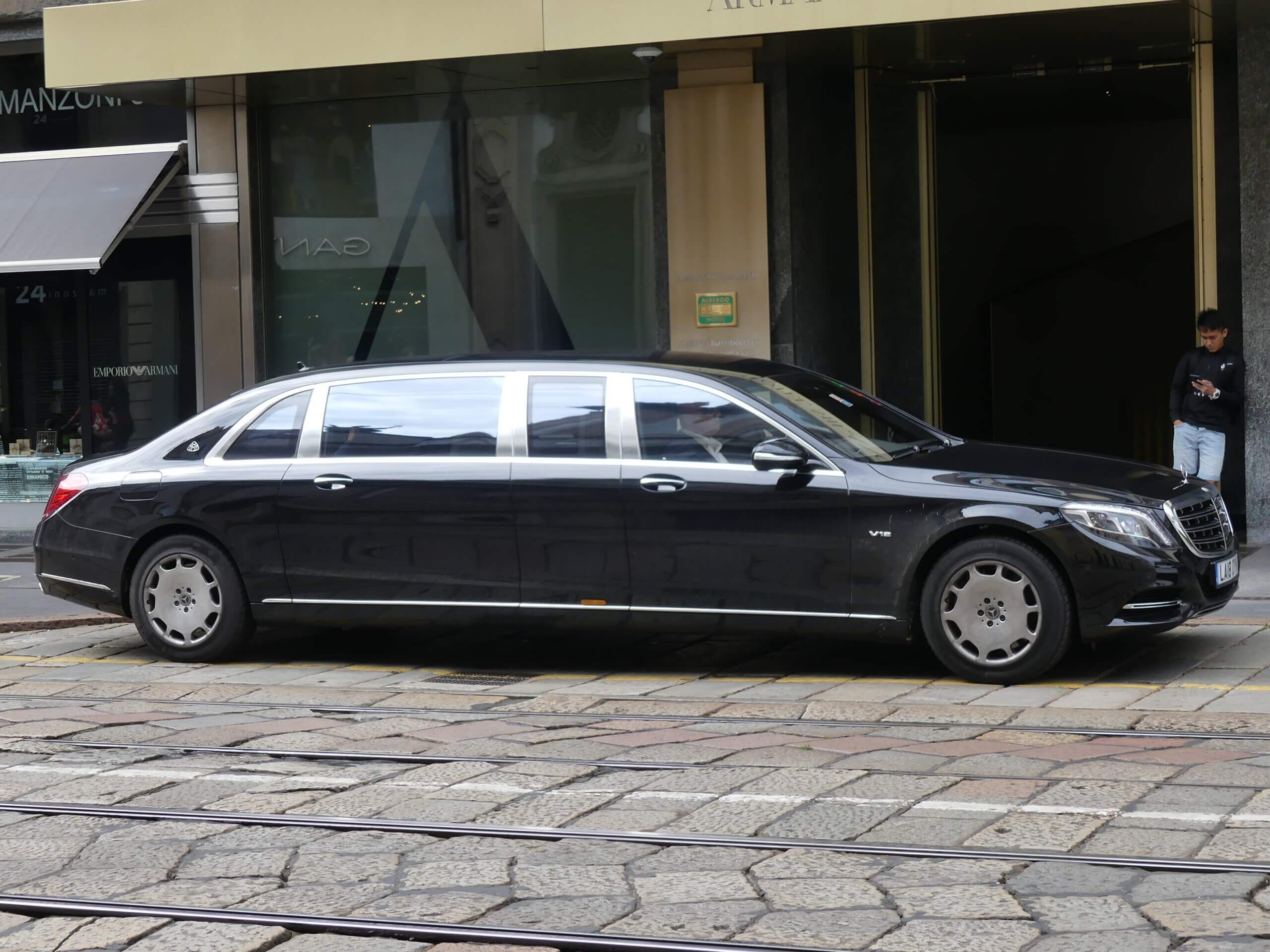
Personal Services Tipping
- Ski instructors: Give about 10–15% of the amount of one lesson as a tip.
- Hair salons: 5–10% or round up for satisfaction with a cut or color; cash or card is fine depending on the salon.
- Spa treatments: Round up or add 5–10% for especially attentive therapists.
- Nail salons: 2–5 CHF for shorter services; tip more for full-service appointments.
- Massage therapists: 5–10% for therapeutic treatments if you feel the service was excellent.
- Contractors: Let's say you have a plumber at home fixing a leak. On his way out, you point out another leak which you almost forgot to mention, and they don't hesitate to fix it as well. In such a case, I would give a tip such as a 20-franc bill.
Delivery and Service Workers
- Food delivery: 1–2 CHF for small orders; 5–10% for large orders or difficult deliveries. Cash is easiest for drivers.
- Grocery delivery: 5–10 CHF depending on order size and difficulty (stairs, heavy items, remote address).
- Moving services: 5–10 CHF per person for half-day work is a common small-tip guideline; for full-day moves, consider a larger flat amount per person.
- Home services: For tradespeople and home service workers, offering coffee/refreshments and saying thanks is appreciated; cash tips are optional and usually modest.
How to Tip with Different Payment Methods
Cash Tipping:
- State the total including tip if handing over cash — for example, say "50 Franken, bitte" when the bill is CHF 47 (German); French: "50 francs, s'il vous plaît"; Italian: "50 franchi, per favore".
- Use local phrases to indicate you want the server to keep the change — German: "Es stimmt so"; French: "C'est bon comme ça"; Italian: "Va bene così".
- Leave cash on the table with the receipt or hand it directly to the server to ensure it reaches the intended staff.
Advantages:
- A cash tip goes directly to the service provider or staff member.
- Traditional and widely preferred, especially for small tip amounts and hotel staff.
- No processing delays or fees that can reduce the final amount received by staff.
- Better for small amounts and quick rounding to the nearest franc.
TWINT/Credit Card Tipping:
- Ask the server to enter the higher total before they process the card if you want to tip by card.
- Payment terminals often display a range of pre-defined tips, such as 15%, 20%, etc.
- If the terminal or app offers no tip option, you can leave cash instead. (Or skip the tip if you are not satisfied with the service.)
Advantages:
- TWINT or credit card tips are increasingly accepted at modern restaurants, cafés and ride apps.
- Can often be added at the payment terminal or through the TWINT app, which is convenient if you don't carry cash.
- Card tips may be automatically tracked and sometimes pooled by the employer — check with the venue if you want the tip to go to a specific staff member.
- More convenient for large tips, but can be subject to processing policies or delays.
Swiss Tipping Do's and Don'ts
Essential DO's for Switzerland Tipping
✅ Tip modestly and thoughtfully: Swiss culture values restraint; small, appropriate gestures are preferred over large amounts.
✅ Use cash when possible: Cash tips usually reach the staff directly and are appreciated, especially by hotel and transport staff.
✅ Round to convenient amounts: Simple rounding (CHF 47 → CHF 50) is common and practical.
✅ Tip only for genuinely good service: Quality over obligation; tip as a thank-you for noticeably attentive service.
✅ Say a quick thank-you: A verbal "Merci," "Danke," or "Grazie" goes a long way alongside a tip.
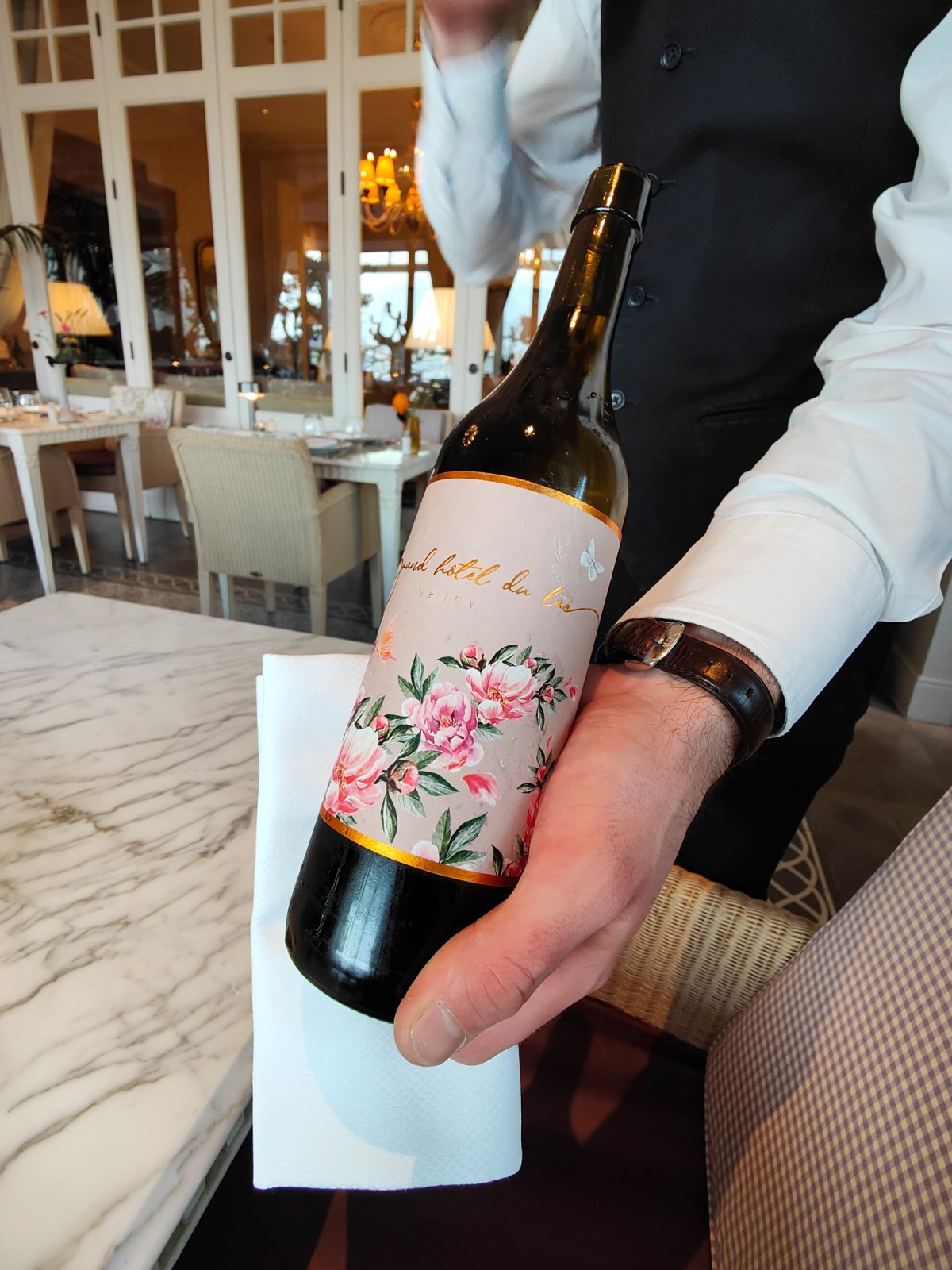
Critical DON'Ts for Swiss Tipping
❌ Don't over-tip: Excessive tipping can feel awkward in Switzerland; modesty is the norm.
❌ Don't feel obligated: Service is normally included in prices, so you should not feel pressured to tip.
❌ Don't tip for poor service: If service was unsatisfactory, a tip is not expected.
❌ Don't leave extremely tiny coins as a token: Many locals find very small tip amounts unnecessary or awkward; instead round to a practical amount.
❌ Don't tip at fast-food counters: Counter-service places generally don't expect tips.
Switzerland Tipping Mistakes to Avoid
- American-style tipping (15–20%) is unusual in Switzerland. It's simlpy not required and can feel out of place.
- Forced generosity when you're unhappy with service, as tipping should match your satisfaction.
- Complicated calculations: Simple rounding is preferred over precise percentage math.
- Tipping anxiety: Feel free to err on the side of a small round tip (or no tip). The locals will generally respect personal choice.
Let's Compare Swiss Tipping to Other Countries...
Switzerland vs. United States:
- US: Tipping of 15–20% is widely expected and often essential to service staff income.
- Switzerland: Tipping is optional and modest (rounding or ~5–10% for exceptional service); service is typically included in displayed prices so tips are an appreciation gesture rather than a pay requirement.
Switzerland vs. Germany:
- Germany: Rounding or about 10% for table service is a common local practice.
- Switzerland: Practices are generally more flexible; simple rounding to the nearest franc is common across regions.
Switzerland vs. France:
- France: "Service compris" (service included) is standard and tipping is usually modest.
- Switzerland: Similar service-included model in many places, but modest tipping (rounding or small percentages) is somewhat more common than in some parts of France.
Swiss Language Regions and Tipping
- German-speaking Switzerland: use phrases like "Es stimmt so" to indicate keep the change.
- French-speaking Switzerland: say "C'est bon comme ça" when you want the server to keep the change.
- Italian-speaking Switzerland: "Va bene così" serves the same purpose.
All regions generally follow the same etiquette: tipping is a personal, modest gesture and you should follow local cues and the bill (check for a service charge).
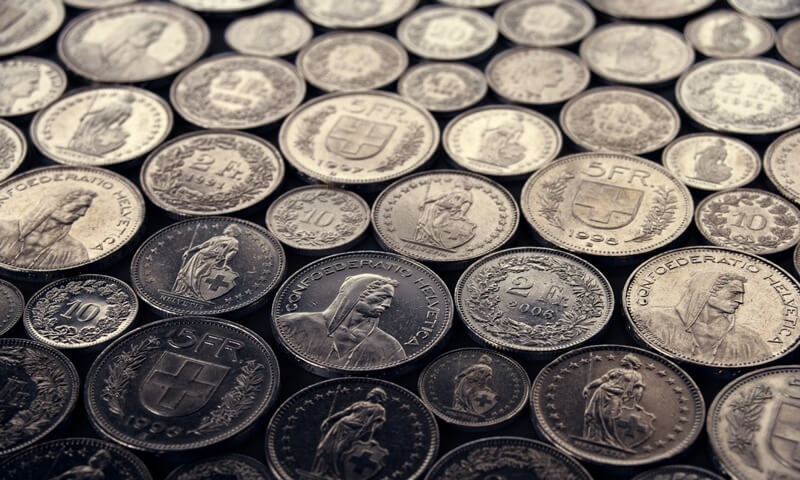
Local Swiss Perspectives on Tipping
Surveys and hospitality studies, as well as my own personal experience, show that the Swiss locals typically treat tipping as:
- Reward for exceptional service, not payment for routine politeness;
- Simple rounding up is practical and common across cities and towns;
- An appreciation gesture rather than a salary supplement;
- It's a personal choice. People usually don't put social pressure on tourists to tip.
TL;DR
So, are you ready to show appreciation the next time you eat, sleep, or play in Switzerland? I've found that once you understand the culture here, tipping becomes much less stressful. The culture of tipping here prioritizes appreciation over obligation, so don't feel pushed to leave a tip.
Service is typically included in displayed prices and on the bill, so tips remain a voluntary gesture of thanks rather than a necessary part of wages — feel free to follow the local lead and tip modestly for exceptional service. With service charges included by law since 1974, tipping remains a genuine expression of satisfaction rather than a financial necessity for workers .
Key Takeaways
These guidelines should help you navigate Swiss etiquette with confidence. In my experience living here, following these simple rules will have you tipping like a local in no time.
- Tip about 5–10% or simply round up to a convenient amount when you received good service (for example, round CHF 47 to CHF 50).
- Use cash when possible for small tips so the franc amount reaches staff directly.
- Never feel pressured to tip for average or poor service — tipping is optional in Switzerland.
- When in doubt, mirror what locals do: modest, thoughtful gestures are preferred over large amounts.
Last updated: Jan 11, 2026





Add comment